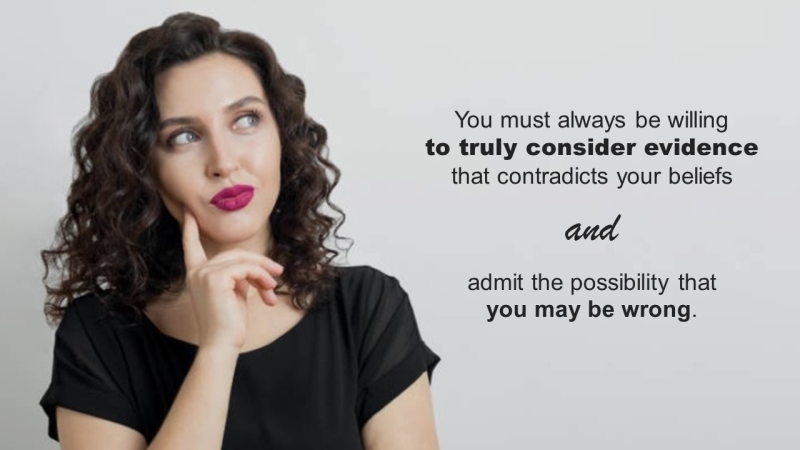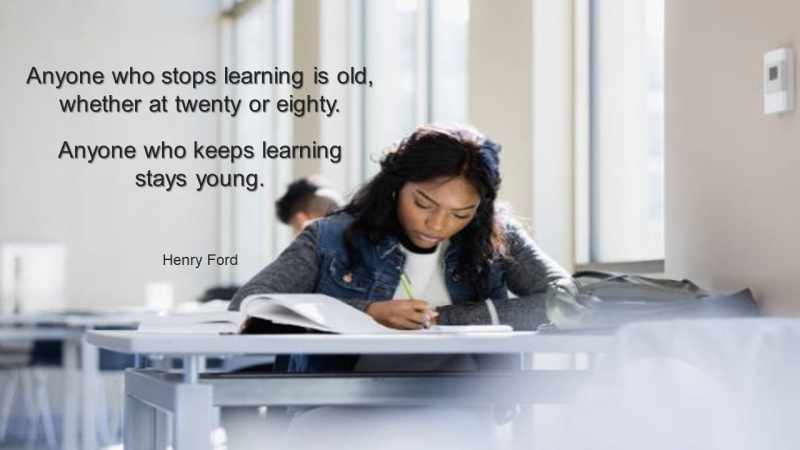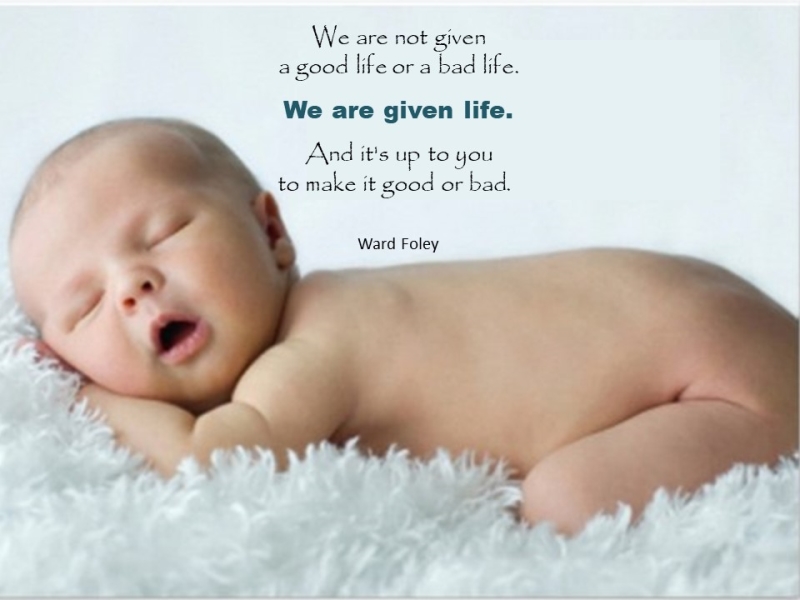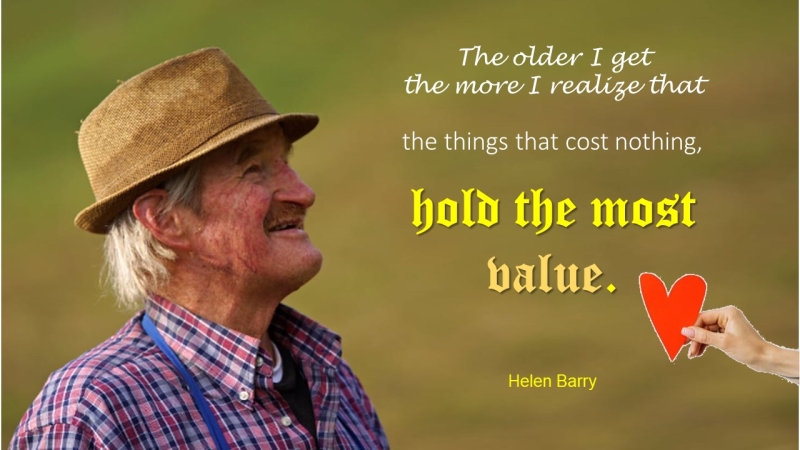PEOPLE OFTEN THINK INTELLIGENCE MEANS KNOWING THINGS AND REMEMBERING THEM QUICKLY AND CORRECTLY. However, true intelligence is much more than this. It is about something other than knowing everything but about being able to challenge what you know and continually seek new information and perspectives.
The Limitations of Knowledge-Based Intelligence
Knowledge-based intelligence is becoming increasingly limited in today’s rapidly changing and highly interconnected world. This is because knowledge is now found in more than just textbooks and academic journals. Instead, technological advances and scientific discoveries are constantly updating, improving, and adding to what we know. As a result, only some people can keep up with the sheer amount of information that is available, let alone know everything there is to know about a particular subject.
Moreover, the speed at which information changes means that what we know today may not be accurate tomorrow. Information considered correct just a few years ago may no longer be relevant today. It’s especially true in areas like science, technology, and medicine, where discoveries and advancements are rapidly being made. This makes it challenging to stay informed and up-to-date.
Several ways knowledge-based intelligence is limited:
- Firstly, there needs to be more information for one person to know everything.
- Secondly, information is constantly changing and evolving, meaning that what we know today may not be accurate tomorrow.
- Finally, knowledge-based intelligence is limited by our biases and experiences, shaping how we perceive and understand the world.
Knowledge-based intelligence is limited by the amount of information, how it changes over time, and our biases and experiences. Our experiences shape how we see and understand the world, and sometimes they make it hard for us to see things as they really are. Our biases can also affect how we interpret information, making us ignore information that goes against our beliefs and preferences.
Intelligent ways to understand and solve problems
Because of these problems, it is crucial to know the limits of knowledge-based intelligence and look for new ways to understand and solve problems. This includes being open-minded, curious, and willing to challenge our beliefs and assumptions. By doing so, we can expand our understanding of the world and become more intelligent in a broader sense rather than just relying on our knowledge.
In the end, knowledge-based intelligence has a place in how we understand the world. Still, it has limits because of the amount of information, the constant data changing, our preferences, and what we’ve done in the past. To learn more about the world and become more intelligent, we must question what we think we know and look for new ways to solve problems.
The Power of Challenging What You Know
Challenging what you know is the key to true intelligence. When you question what you see, you must think about your assumptions and beliefs and look at new information and points of view. This helps you learn more, gain new insights, and better understand how the world works.
There are several ways to challenge what you know:
Seek out new information.
One of the simplest ways to challenge what you know is to seek new information. This could mean reading books, articles, and blogs, attending lectures and workshops, or simply conversing with people from different backgrounds and perspectives. You are exposed to new ideas and views when seeking further information. You can expand your understanding of the world.
Question your assumptions
Another way to challenge what you know is to question your assumptions and beliefs. This means being aware of the assumptions and biases that shape how you see and understand the world and actively working to change them. When you question your assumptions, you can gain a deeper understanding of your beliefs and motivations and learn to see the world from different perspectives.
Try new things
Experimenting with novel activities is also a fantastic approach to testing one’s knowledge. When you challenge yourself by doing something you’ve never done before, you are exposed to knowledge and ideas that may otherwise have been avoided. You can gain new insights and perspectives, whether you’re learning a new skill, trying a new hobby, or simply traveling to a new place. Trying new things can help you challenge what you know and expand your understanding of the world.
The Benefits of Challenging What You Know
Challenging what you know has many benefits, including:
Improved problem-solving skills
When you challenge what you know, you are forced to consider new perspectives and information, which can help you to find new and innovative solutions to problems. Improved problem-solving skills can help you in both your personal and professional life.
Increased creativity
Challenging what you know also increases your creativity. When you see and hear new things, you are more likely to have original thoughts and concepts. Increased creativity can help you succeed in your personal and professional lives.
Better decision-making
Challenging what you know helps you to make better decisions. By considering different perspectives and information, you can weigh the pros and cons of other options and make informed and well-thought-out decisions.
Greater self-awareness
Challenging what you know can also help you to become more self-aware. By questioning your assumptions and beliefs, you can learn more about what drives and prejudices you. and learn to see the world from different perspectives.
Conclusion
Intelligence does not imply complete knowledge but rather the ability to question everything you believe to be true. When you ask what you see, you expand your understanding of the world and improve your problem-solving, creative, and decision-making skills. Additionally, you can become more self-aware and gain a deeper understanding of your motivations and biases.
To become truly intelligent, it is essential to seek new information, question your assumptions, and try new things. Doing this allows you to keep challenging what you know and learn more about the world.
In today’s fast-paced world, where information is constantly changing and evolving, it is more important than ever to have the ability to challenge what you know. By doing so, you can stay informed, make better decisions, and succeed personally and professionally.
So, embrace the power of challenging what you know and expand your understanding of the world today!



